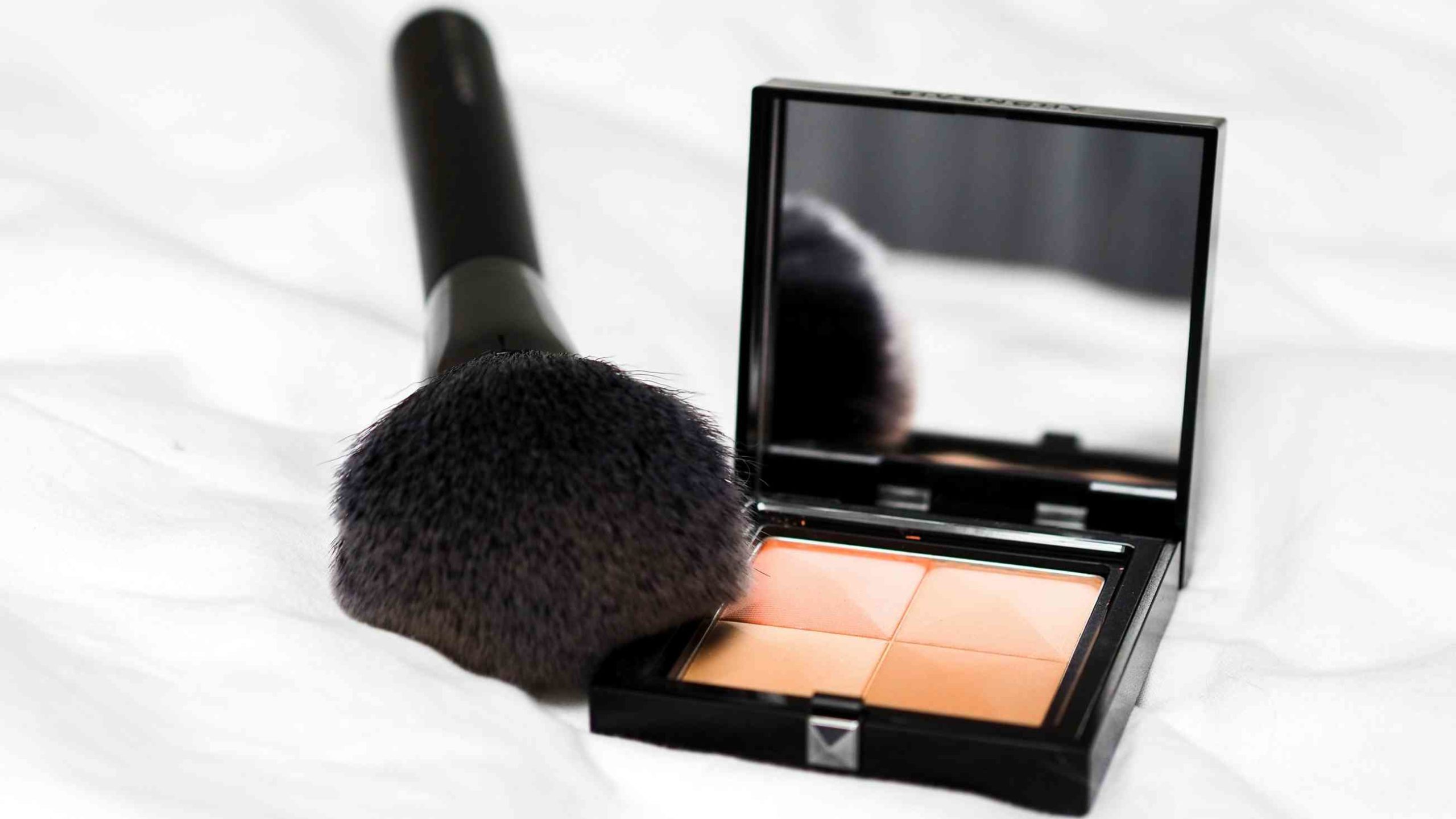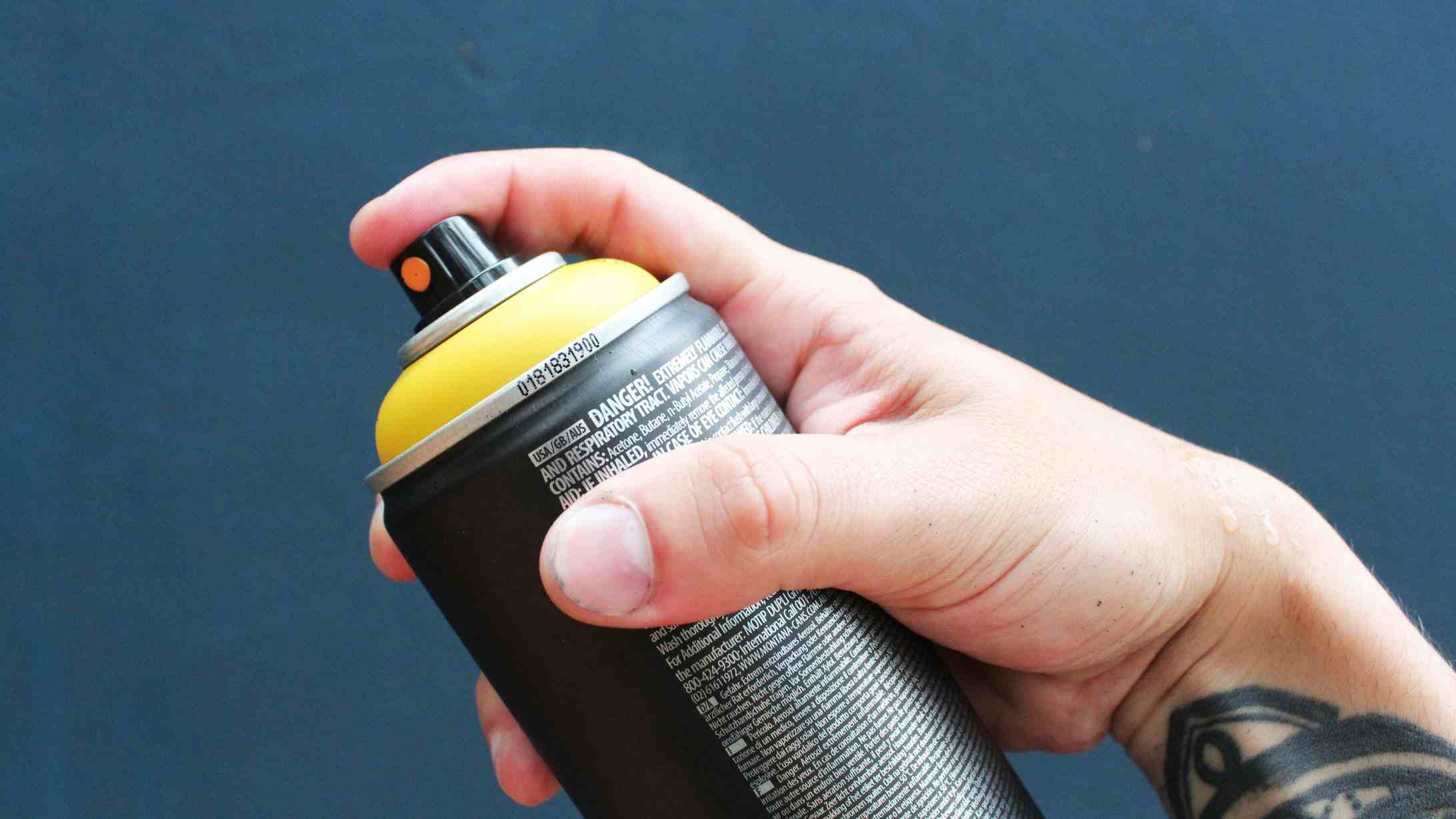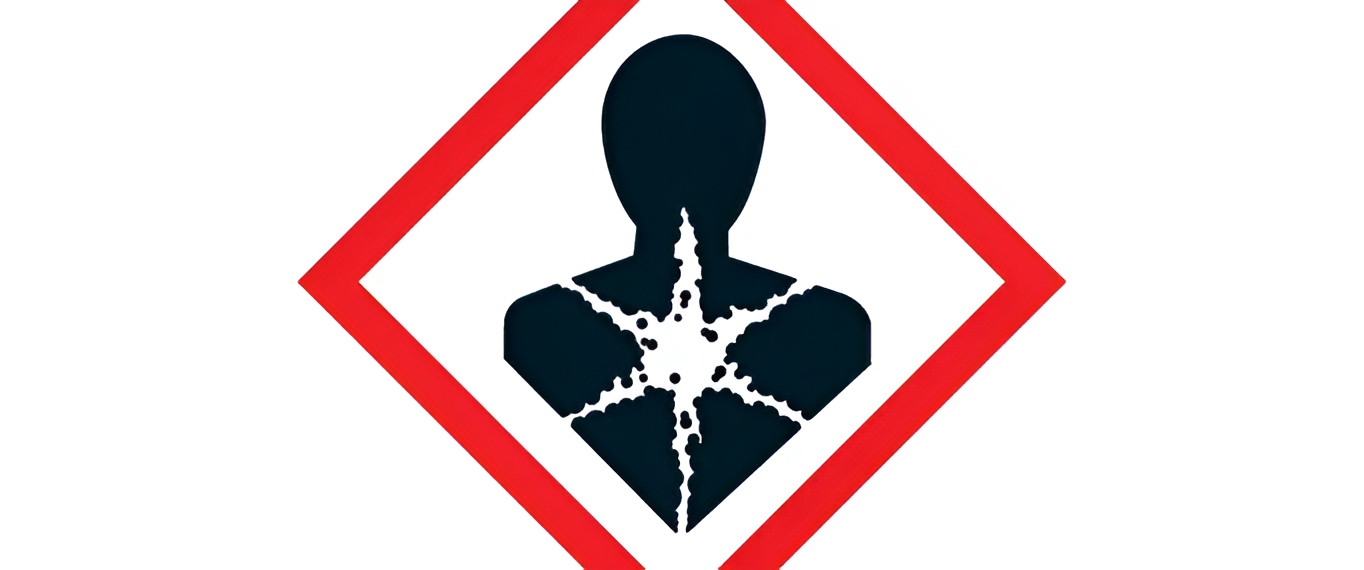What Makes Cosmetic Halal and Kosher Products Different From Standard Cosmetics?
Do Halal Cosmetics Brands and Kosher Cosmetics Need Certification in the UK or EU?
Let us begin with a fundamental assumption: certification is not mandatory. However, products can voluntarily undergo certification to meet the needs of consumers who follow such religious practices.
Below, we examine in more detail what this involves.
Halal Cosmetic Certification
The term “halal cosmetics” refers to cosmetics (as defined in the European context) that are formulated using ingredients permitted (halal) for use by Muslim consumers.
Halal-certified cosmetics are therefore those that have been formulated, manufactured, packaged, stored, and distributed in accordance with the requirements of an Islamic certification body, which guarantees their halal status.
Many halal cosmetics brands adhere to these strict guidelines to ensure their products meet the ethical and religious needs of Muslim consumers.
Halal and Haram Cosmetics
To ensure respect for the Qur’an and the Sunnah of the Prophet Muhammad, it is important for Muslim believers to observe and follow religious precepts, including those concerning the use of cosmetics.
A cosmetic halal product is one that is permitted for use, as it does not contain ingredients that are prohibited under Islamic principles. In contrast, a haram cosmetic is considered forbidden and unlawful for believers to use.
Among the main haram ingredients are pork derivatives, blood, parts of the human body, predatory animals, reptiles, insects, wine, haram animals not slaughtered according to Islamic law, and genetically modified organisms.
The evaluation of whether ingredients are halal or haram is meticulous and considers various factors. For instance, ethyl alcohol, commonly used in cosmetics as a solvent, is banned. However, cetyl alcohol—widely used as an emulsifier and stabiliser—is considered halal, as it is a solid, non-drinkable raw material with a long carbon chain and low skin penetration.
The Global Market for Halal-certified Cosmetics
In the Western world, there is a steadily growing demand for halal cosmetics, and this trend is expected to continue in the coming years. At first glance, this increase might appear to be primarily driven by factors related to travel and relocation.
However, it is also likely linked to the positive perception consumers have of halal products and the high-quality standards associated with them.
A cosmetic halal product released on the market comes with a guarantee of compliance with Shariah law, not only in terms of the absence of prohibited ingredients but also in the manufacturing processes. This includes the elimination of impurities and the prevention of cross-contamination throughout the production cycle.
For this reason, halal makeup brands and cosmetic halal lines are also perceived by non-Muslim consumers as high-quality products—often viewed as organic, vegan, and cruelty-free (the latter being a requirement already outlined in Regulation 1223/2009).
As a result, this growing interest is not solely religious or cultural. It extends to, and continues to attract, an increasingly diverse and multicultural audience.
The Halal Logo

A further advantage lies in the fact that the halal logo is easily recognisable, clear, and conveys to consumers a sense of naturalness that is not as readily perceived in cosmetic products lacking such a label.
While religion remains the primary purchasing driver in communities where it holds deep significance, it is often surpassed by the strong perception of safety and quality associated with halal cosmetics brands.
In this context, the media play a key role in the growing popularity of cosmetic halal products by raising awareness of banned ingredients and highlighting the cosmetics industry’s commitment to carefully selected raw materials.
As a result, there is considerable interest among manufacturers in obtaining halal certification, particularly for those looking to expand their reach within the market.
Halal Cosmetic Certification
Halal cosmetic certification is an accreditation of a company’s management system that ensures the reliability of products placed on the international market.
It can be integrated with existing management systems within companies, such as the standard UNI EN ISO 22716:2008 (which relates to good manufacturing practices in cosmetics) or UNI EN ISO 9001:2015 for quality management.
For a company that has not previously entered this sector, the decision to produce halal beauty products and halal makeup can represent a significant economic investment. Beyond the careful selection of raw materials, investment is required across the entire production chain.
Contact with impure substances is prohibited at every stage of production. For instance, the sanitisers and cleaning agents used on turboemulsifiers, melters, mixers, and other equipment involved in halal production must be alcohol-free.
In cases where production lines are shared, there must be reliable methods to verify the absence of cross-contamination from previous batches or cleaning processes following non-halal production. Often, the most practical solution is to dedicate an entire production line to halal products—provided this is financially feasible.
The growing demand for halal cosmetics, coupled with future prospects influenced by international politics, the impact of social media, and increasing consumer attention to cosmetic formulation, suggests that cosmetic halal products will continue to play a leading role in the global cosmetics industry.
There are, however, several companies that offer the opportunity to certify cosmetic products following both documentary review and physical inspection.
Kosher Certification

Product-conscious consumers expect, and are entitled to, high-quality cosmetic products. It is therefore no surprise that the interest in and demand for kosher products is growing rapidly.
Consumers of kosher-certified products often regard them as being of superior quality and produced to higher standards. The kosher certification symbol serves as a guarantee of adherence to these standards without compromise.
In the eyes of the public, the kosher symbol on packaging represents more than compliance with strict religious requirements. It is viewed as an independent mark of verification, signifying quality, integrity, and purity.
What Does Kosher Mean?
Kosher is a Hebrew term used to define foods that are permitted for consumption. By extension, cosmetic products that come into contact with the skin and have the potential to be absorbed by the body must also be kosher.
Kosher certification was originally established to identify food permitted under Jewish dietary laws. It stems from a centuries-old tradition based on the sacred texts of the Jewish people and rabbinic teachings.
Today, this certification is increasingly sought for cosmetic products and the raw materials used to produce them. It also appeals to consumers who do not follow the Jewish faith but make purchasing decisions based on the ethical nature of ingredients and production processes.
These include those seeking “free from”, “cruelty-free”, or “GMO-free” claims (even though, strictly speaking, such claims are challenged by Regulation 655/2013 on cosmetic claims).
For these consumers, kosher-certified products offer reassurance that the cosmetic meets the standards declared by the manufacturer, thanks to the rigorous procedures required to obtain certification.
How to Obtain Kosher Certification
As mentioned, kosher refers to a complex set of biblical laws that define which foods a Jewish person may consume and how these foods must be prepared. The same principles apply to those involved in the production of cosmetics or the raw materials used to create them.
The certification process, carried out by a religious organisation, verifies that the ingredients, production methods, and—where applicable—services comply with kosher standards.
The certification body appoints a Mashgichim (a supervisor representing the kosher authority) to conduct periodic inspections and oversee the production process, ensuring full compliance with the requirements.
Once approved, the certified company is permitted to display the Hechsher—a “seal of approval”—on its products.
It’s important to note that cosmetic products containing ethyl alcohol are not considered for kosher certification, as the origin of the alcohol blend is often unclear and could be taref (non-kosher).
During the Passover period, particular attention must be paid by consumers—especially women—to certain ingredients in new kosher cosmetic products, such as corn, wheat, rye, and oat syrup, among others, as these may be prohibited during this time.
The Kosher Cosmetics Market
The largest market for kosher products is the United States, where there are approximately 35 million non-Jewish consumers, compared to around 12 million Jewish consumers. Together, they have access to an estimated 195,000 certified products.
In Europe, the market for kosher-certified cosmetics is also expanding. This increasing consumer awareness presents exciting opportunities for both large and small businesses, as well as retailers seeking to enter or grow within this segment.
The rising interest in an “ethical” lifestyle and the growing prevalence of sensitive skin are key drivers supporting the continued growth of the kosher cosmetics market.
Get Support with Kosher or Halal Certification
Do you want to check whether your product meets the criteria for certification? Are you looking for a reliable partner to guide you through the process?
Contact us — we’ll be happy to support you every step of the way.



